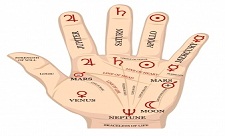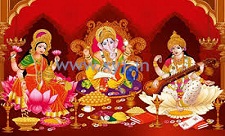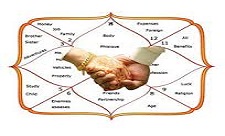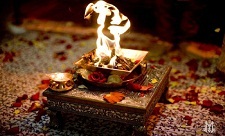Numerology
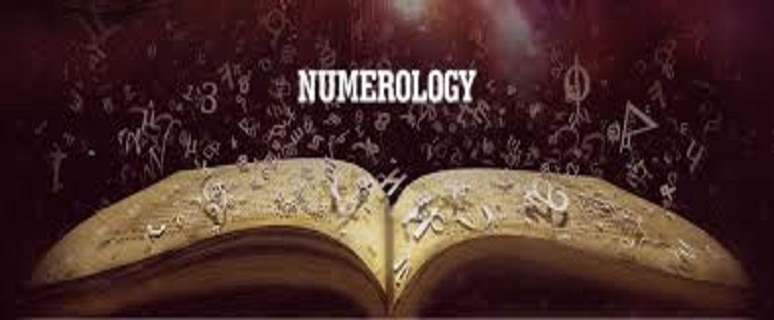
Numerology is the universal language of numbers, and each of us was born with a set of numbers unique to us. These numbers unlock the door to the depths of our personality and reveal the way we interact with others, lessons we've yet to learn, opportunities we'll be given and challenges we'll face at specific periods of our lives -- or throughout life as a whole.
The western form of Numerology, the Pythagorian system, is among the most enduring and popular of all self-help methods ever created. The Chinese, Japanese, Greek, Hebrews, Egyptians, Phoenicians, early Christians, Mayans and Incas all employed number systems to gain a deeper understanding of themselves and the universe.
Pythagorian Numerology was organized by Greek philosopher and mathematician Pythagoras, who combined the mathematical disciplines of the Arabic, Druid, Phoenician, Egyptian and Essene sciences. Since then, it has continued to evolve. It formed the spiritual basis for many secret societies, such as the Rosicrusians, Masons, Anthroposophists and others.
Today, its popularity continues to grow. Numerology columns now appear regularly in newspapers and magazines. Numerologists are consulted with increasing regularity for everything from personal romance to business decisions. As the industrialized world becomes more computerized and dependent on numerical systems, the fascination with this ancient spiritual science only grows.
Numbers are a universal means of understanding and communication. And while languages vary from culture to culture, the meaning of words and the way they are spelled is no accident. In Numerology, each letter is associated with a number, and each number carries its own distinct personality. Therefore, the numbers associated with any word can convey deep messages -- without actually speaking at all.


